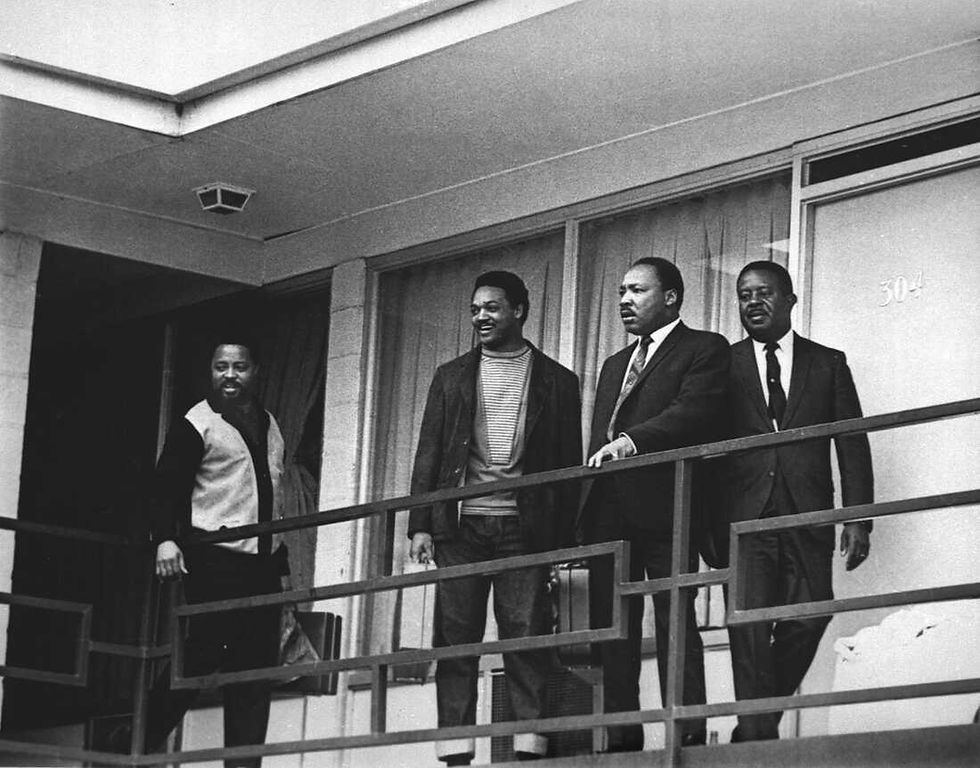Rabbi’s Update 11/22/2024
- rabbi423
- Nov 22, 2024
- 4 min read

Dear Friends:
On Wednesday I explored the spectrum of American Orthodox perspectives on whether or not it is permissible to celebrate Thanksgiving. (As I said then, this was an intellectual exercise only and there is no doubt in my mind that it is permissible and perhaps even obligatory for us as American Jews to celebrate the holiday.)
Today I want to look at a related question that is less ideological. Not “is Thanksgiving kosher?” but rather “is turkey kosher”?
It may surprise you to know that there are some Jews who do not eat turkey because they do not believe that it is kosher. (This is particularly ironic in view of the fact that Israel is by far the largest per capita consumer of turkey in the world.) The argument against turkey being kosher is as follows:
While the Torah gives us signs by which we can determine if quadrupeds or fish are kosher, it gives a list of kosher and non-kosher birds and many of the names are fairly obscure. If a new fish species or quadruped species is discovered, it is a relatively simple matter to determine if it is kosher or not. If it is a fish and has fins and scales, or a quadruped with cloven hooves that chews the cud, it is kosher. But since we have only a list of kosher birds rather than signs, in practice the only way we know that a particular bird is kosher is by mesorah, a continual tradition passed down from generation to generation.
This being the case, it would seem at first glance that turkey should not be considered kosher because it originates in Mexico. Prior to European contact with the Americas there could not possibly have been a mesorah attesting that turkey is a kosher species.
When turkeys arrived in the Old World, people did not really know what they were or where they were from but it was generally assumed that it was some exotic sort of chicken. For whatever reason the English assumed they were from Turkey while in many other places it was assumed that they were from India (remember also that many still might have believed that Columbus had reached India rather than the then-unknown Americas). So in many languages the bird we call “turkey” is called by some word that references its assumed Indian origins: hindik or indik in Yiddish, dinde in French and tarnogol hodu (India rooster) or just hodu in Hebrew. So the kosher status of turkey is in fact based on the mistaken assumption that it is just some larger version of a chicken or rooster which originates in Turkey or India -- both of which have Jewish communities.
I have one Conservative rabbinic colleague who is descended from a well-known European rabbinic family which has the custom of not eating turkey and he follows his family’s custom. For most of us, we can rely on the fact that even if the original decision to allow turkey as kosher was based on a mistaken biological assumption, pious Jews have been eating it long enough that we can do so as well. There is a halachic concept called “l’hotzi la’ag al ha-rishonim” which means that we do not act in a way to imply that previous generations acted improperly. For us suddenly to declare that turkey is treif would imply that for centuries pious Jews have been eating treif. So enjoy your turkey -- unless you are a vegetarian or come from a family with a tradition of considering it treif, like the colleague I mentioned at the beginning of this paragraph.
As a reminder, I am having drop-in hours on Thursday afternoons from 2 to 4 at the shul. For my drop-in hours, you do not need to make an appointment -- that would negate the whole point of drop-in hours -- but I’d urge you to check and make sure I am there regardless as sometimes there are unavoidable pastoral or other emergencies which might take me away from the building.
Because next Thursday, November 28, is Thanksgiving, our office will be closed and both minyan and Adult Education will be canceled. (For the first several years of my rabbinate at Kehilat Shalom, I did leave in the middle of Thanksgiving dinner to rush to the shul for evening minyan, and inevitably was the only person present, so I eventually got the Ritual Committee’s agreement to cancel it for that day.) The office will also be closed the next day, Friday Nov. 29, but we will have services for Shabbat as usual.
As always, if I can do anything for you or you need to talk, please contact me at rabbi@kehilatshalom.org or 301-977-0768 rather than through the synagogue office. I am happy to meet you at the synagogue by appointment; if you want to speak with me it’s best to make an appointment rather than assuming I will be there when you stop by.
Additionally, if you know of a Kehilat Shalom congregant or another member of our Jewish community who could use a phone call, please let me know.
L’shalom,
Rabbi Charles L. Arian




Comments